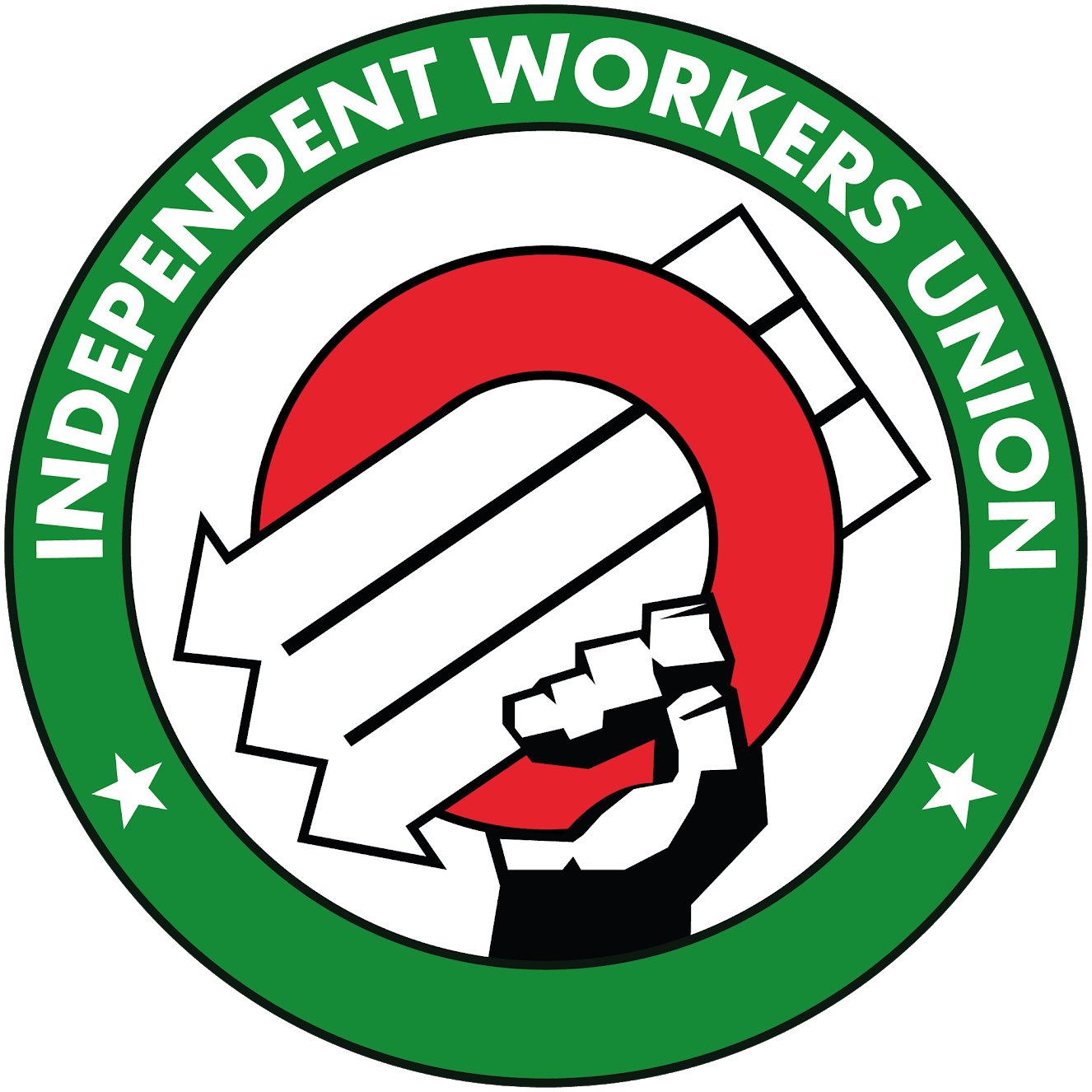Judicial Review to force UK Government to extend health and safety rights to "gig economy" workers
- A Judicial Review brought by the IWGB could force the Government to extend health and safety rights to ‘gig economy’ workers.
- According to the IWGB, adequate health and safety protections required by European law, including PPE, are being denied to millions of workers who should be entitled to them.
- IWGB argues the right to refuse to work in situations of imminent danger without fear of detriment or dismissal should be extended to gig economy workers.
12 May: The Independent Workers Union of Great Britain (IWGB) is taking legal action against the government to secure health and safety protections for hundreds of thousands of ‘gig economy’ workers.
The union has sent a pre-action protocol letter and will argue, as part of its judicial review, that the UK Government has failed in its obligation to transpose health and safety directives from EU law into UK law. Whereas UK health and safety law only protects employees, EU law extends these protections, which include the right to adequate Personal Protective Equipment (PPE), to all those classified as workers. (2).
Losing the review would force the Government to extend health and safety protections to all ‘workers’, including hundreds of thousands in the so-called “gig economy”, such as Uber and Addison Lee drivers, Pimlico plumber workers, and medical and parcel couriers.
1 in 10 adults engage in gig economy work, which accounts for at least 4.7 million people working in the UK with little to no health and safety protections.
Jason Moyer-Lee, IWGB General Secretary says: "As the Government looks to ease the lockdown in the midst of the pandemic, health and safety at work has never been more important. It is crucial that exploitative employers like Uber know they must protect the health and safety of their workers and that the Government brings the criminal prosecutions necessary to enforce this law. The UK is already compelled by EU law to extend health and safety protections to workers; it's a shame the Government would rather litigate than comply."
Hanna-Beth Scaife, courier for Stuart says: “I suffer with Fibromyalgia and CFS (ME) which puts me at high-risk from Covid-19, yet I’m one of thousands of couriers denied proper PPE at work. Just because we’re self employed doesn’t mean we’re at any less of a risk so why does PPE seem to be an afterthought for us? Ignoring our health and safety means ignoring that of the millions of people we deliver to, many of them self-isolating with Covid-19 symptoms or shielding at home because they’re high-risk. Protecting couriers would help protect the whole country.”
Dr Hina J Shahid, chair, Muslim Doctors Association, says: "Migrant and ethnic minority communities are more likely to be key workers in the informal sector without access to health, safety and income protection. The prevailing attitude that not all lives matter equally, doesn't just mean escalated rates of death and serious illness amongst these groups. It also poses a grave threat to public health and heightens everyone's risk of infection. Our ability to control the spread of this virus will depend directly on the rights and protections given to all those on the frontline."
The union is also taking legal action against the Government over the way its Covid-19 income support schemes discriminate against limb (b) workers by providing them with less protection than employees, disproportionately affecting BAME and women workers in the ‘gig economy’.
The IWGB has already won worker status for thousands of these ‘gig economy’ workers, previously mis-classified as self-employed independent contractors with no employment rights.
The IWGB has launched a crowdfunding campaign to cover costs for the Judicial Review and will be represented by Ijeoma Omambala QC and Cyril Adjei of Old Square Chambers and Kate Harrison and Harry Campbell of Harrison Grant LLP.
-ENDS-
For more information:
press@iwgb.co.uk
Notes for Editors:
- According to the TUC at least 1/10 adults engage in gig economy work, which now accounts for at least 4.7 million workers in the UK.
- A “worker” in EU law is defined as someone who does work under the direction of another in exchange for remuneration. In UK law, this usually covered by applying rights to “limb (b) workers”, a category of self-employed who are entitled to basic rights such as minimum wage and holiday pay. Tribunal and court rulings in the UK against “gig economy” companies such as Uber, City Sprint, Addison Lee, and Hermes have found that their workers fall under this category.
- The EU law obligation of employers to proactively protect the health and safety of their workers derive from the EU’s Health and Safety Framework Directive (1989). The UK implemented these rights through Section 2 of the Health and Safety at Work Act 1974.

© Sindicato de Trabajadores Independientes de Gran Bretaña 2025
Diseñado y construido en la IWGB con amor, cuidado y café. Hasta la victoria siempre.


